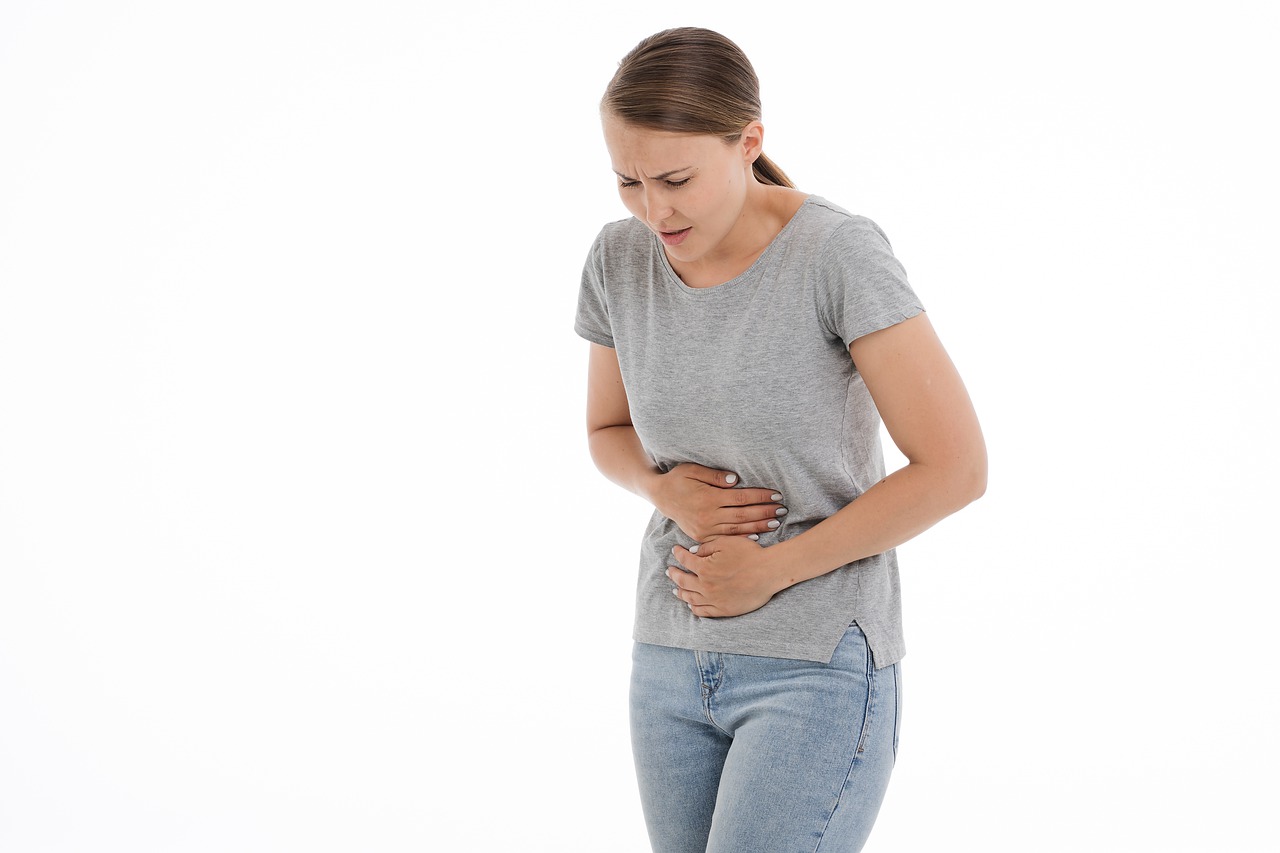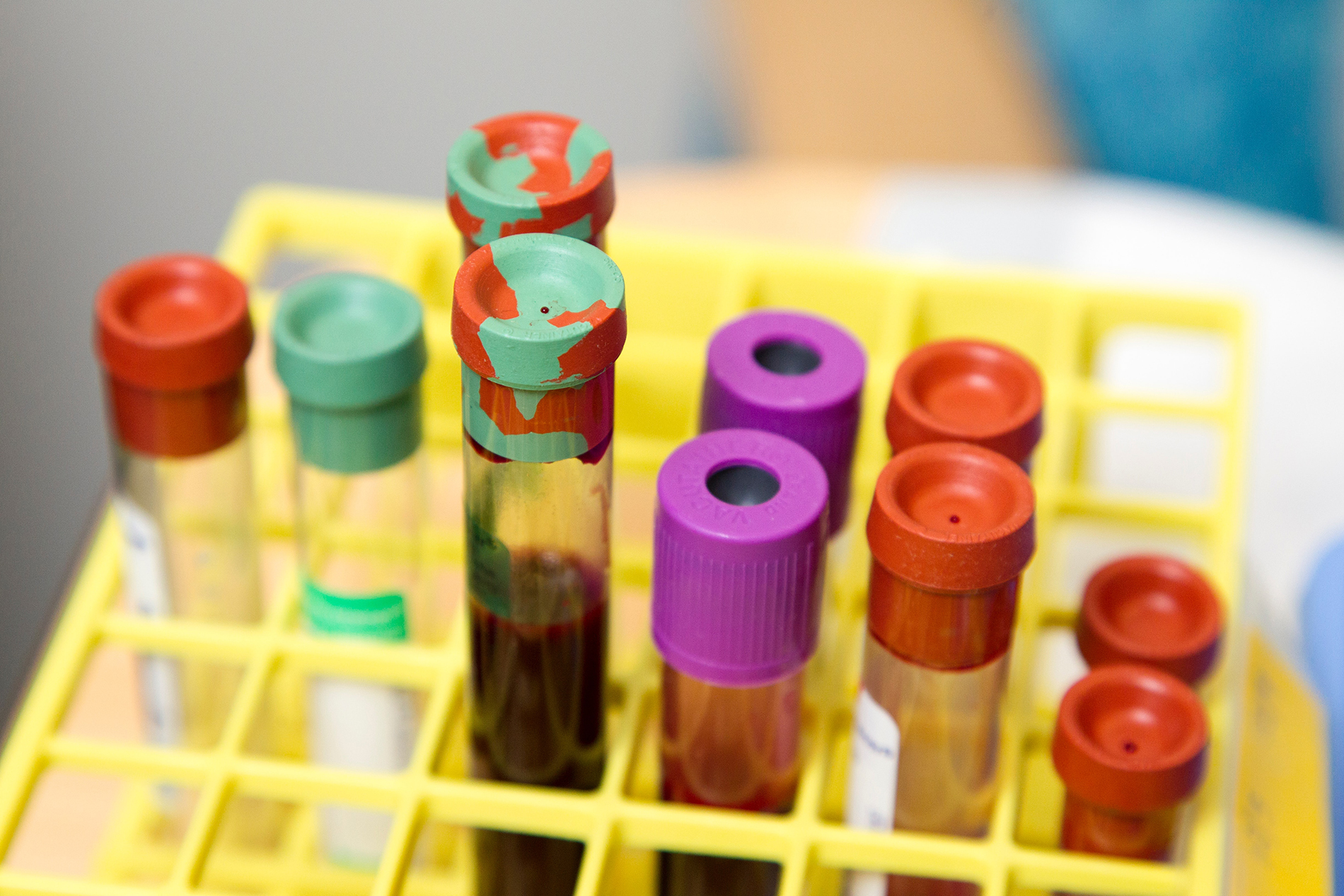Identifying and Treating Polycystic Ovarian Syndrome (PCOS)

Worldwide, nearly 10 milion women of all races and ethnic groups are affected by Polycystic Ovarian Syndrome (PCOS). The leading cause of infertility in women, PCOS can affect a woman at stage in life—puberty through post-menopause. Recognizing the symptoms of PCOS is the first step in receiving appropriate and effective treatment, and preventing even more serious health complications.
What is PCOS?
 PCOS is an endocrine system disorder that is triggered by dysregulation of hormone production in a woman’s body. When it comes to hormones, under- or over-production of one hormone has a cascade effect on the production of other hormones. In turn, hormones have an effect on a target tissue or organ system. So where there is too much or too little of a certain hormone, there can be changes in how organs function.
PCOS is an endocrine system disorder that is triggered by dysregulation of hormone production in a woman’s body. When it comes to hormones, under- or over-production of one hormone has a cascade effect on the production of other hormones. In turn, hormones have an effect on a target tissue or organ system. So where there is too much or too little of a certain hormone, there can be changes in how organs function.
For example, obesity and insulin resistance are both linked to the liklihood of developing PCOS. A woman who is obese is more likely to produce an excess amount of androgens (“male hormones”), which leads to acne, excess hair growth, and menstrual difficulties. Overproduction of androgens also triggers problems with regulating insulin, a hormone that signals the body to properly use glucose (blood sugar) for energy. When the body isn’t as responsive to insulin as it needs to be, too much circulates in the bloodstream, causing an increase in androgens. Additionally, PCOS may involve genetic and environmental factors that affect hormone activity.
Symptoms of PCOS
 The underlying cause of PCOS may be different for each woman. As a result, women who have PCOS experience an array of symptoms, including:
The underlying cause of PCOS may be different for each woman. As a result, women who have PCOS experience an array of symptoms, including:
- irregular menstrual cycles
- obesity
- infertility
- pelvic pain with or without periods
- mood swings, depression or anxiety
- thinning hair on the head
- excessive bodily hair growth (hirsutism)
- fatigue and sleep problems
Note:Most women with PCOS will have cysts on the ovaries, but as many as 30% of women will not have cysts.
Despite the variety of PCOS symptoms, less than 50% of women are properly diagnosed. One reason for this is that women oftentimes don’t recognize there is a problem–they may attribute the symptoms to PMS or stess. So, a woman may not inform her doctor until symptoms are severe. Additionally, PCOS can present differently in women based on life stage, genetics, ethnicity, age, environmental and lifestyle factors such as self-care, exercise, and eating habits. This makes it challenging for doctors to make the appropriate diagnosis early on in the disease manifestation.
How do Doctors Diagnose PCOS?
 In addition to a physical examination and listening to what a woman is experieincing, a doctor will likely order tests, includilng the two listed below. Your doctor will ask questions about your family history (Do you have a mother or sister who has PCOS?), self-care, menstrual difficulties, stress, and lifestyle habits.
In addition to a physical examination and listening to what a woman is experieincing, a doctor will likely order tests, includilng the two listed below. Your doctor will ask questions about your family history (Do you have a mother or sister who has PCOS?), self-care, menstrual difficulties, stress, and lifestyle habits.
Ultrasound Test for PCOS. This test uses sound waves and a computer to create images of blood vessels, tissues, and organs. This test is used to look at the size of the ovaries and see if they have cysts. The test can also look at the thickness of the lining of the uterus (endometrium).
Blood Tests for PCOS. Bloodwork aims to identify if you unusually high levels of androgens or if there are any other hormone imbalances. Your health care provider may also check your blood glucose level, as well as cholesterol and triglyceride levels.
What is the Treatment for PCOS?
Samuel Thatcher, M.D. (deceased, 2009) was a pioneer in PCOS research and treatment. He was one of the first physicians to advocate for a holistic approach to PCOS treatment, with a focus on lifestyle changes to bring about a significant change in quality of life for women. Approaches to treatment will differ based on a woman’s stage of life and complexity of symptoms.

Lifestyle Improvements for PCOS
A whole foods diet, daily exercise, stress management, and healthy sleep habits are essential to PCOS treatment. These approaches can create a positive shift in blood sugar level, mood, and body weight
Nutritional Supplements
 Doctors may prescribe oral contrceptives to balance hormones, diabetes medication (if necessary), and other medicatoins to treat the symptoms. If you want to take less medications and manage sysmptoms holistically, then the previoulsly mentioned lifestyle changes are essential. Also,a variety of herbs and nutritional supplements may be used to support hormone balance. Inquire with your physicians before starting any herb or other supplment as these can interact with other medications or health conditions.
Doctors may prescribe oral contrceptives to balance hormones, diabetes medication (if necessary), and other medicatoins to treat the symptoms. If you want to take less medications and manage sysmptoms holistically, then the previoulsly mentioned lifestyle changes are essential. Also,a variety of herbs and nutritional supplements may be used to support hormone balance. Inquire with your physicians before starting any herb or other supplment as these can interact with other medications or health conditions.
PCOS can lead to serious medical compliaitons associated with diabetes, the thyroid gland, cardiovascular system, infertility, and cancer in the reproductive system. If you think you may have PCOS, speak with a physician about the approaches that will be best for you.
Compassionate Primary Medical Care for Women in Lithonia, GA
 Dr. Saira Niaz is a board certified Family Medicine physician. She is the eldest sibling of nine; taking care of others is a role she embraced at a very early age. Her patients praise her for her compassionate care, friendly demeanor, and passion for medicine. Dr. Niaz practices at both the Lithonia and Lawrenceville offices and is affiliated with DeKalb Medical at Hillandale. Outside of the office, Dr. Niaz enjoys spending time with her family, watching tele-plays, and volunteering in our community.
Dr. Saira Niaz is a board certified Family Medicine physician. She is the eldest sibling of nine; taking care of others is a role she embraced at a very early age. Her patients praise her for her compassionate care, friendly demeanor, and passion for medicine. Dr. Niaz practices at both the Lithonia and Lawrenceville offices and is affiliated with DeKalb Medical at Hillandale. Outside of the office, Dr. Niaz enjoys spending time with her family, watching tele-plays, and volunteering in our community.
Our friendly medical staff is at your service. If you are looking to establish healthcare as a new patient or have concerns about symptoms relating to PCOS, please all our office, today: 770-322-9660 or send us an email.
Resources
PCOS Awareness Association. : http://www.pcosaa.org/pcos-symptoms
Hudson, T. N.D., Women’s Encyclopedia of Natural Medicine. (2007) pp23-24; 28-30. McGraw/Hill publishing.
Dr.ToriHudson.com http://drtorihudson.com/general/endocrine-health/pcos/polycystic-ovarian-syndrome-pcos/
Thatcher, Samuel S., PCOS: The Hidden Epidemic. (2000) Indianapolis, IN: Perspectives Press.
Harris, C. PCOS, A Woman’s Guide to Dealing with Polycystic Ovary Syndrome. (2000) Thorson’s publishing. Located on InfertilityBooks.com: http://www.infertilitybooks.com/titles/pcos_womans_guide_polycystic_ovary_syndrome.html
Lydic L, McNurlan M, Komaroff E, et al. “Effects of chromium supplementation on insulin sensitivity and reproductive function in polycystic ovarian syndrome: a pilot study.” Fertil Steril (2003) 80 (Suppl 3): S45-S46.



